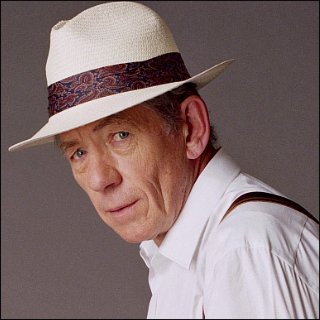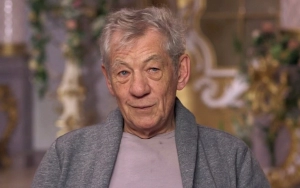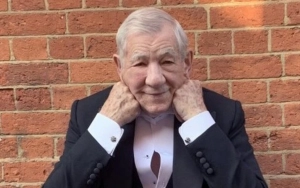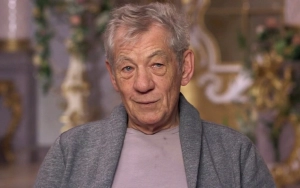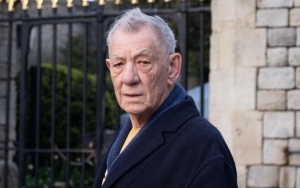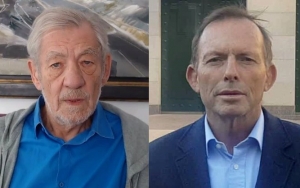Ian McKellen
Famous As
Actor
Birth Name
Ian Murray McKellen
Birth Date
May 25, 1939
Birth Place
Burnley, Lancashire, England
Famous As
Actor
Popular for
As James Whale in "Gods and Monsters" (1998)
Birth Name
Ian Murray McKellen
Birth Date
May 25, 1939
Birth Place
Burnley, Lancashire, England
Height
5' 11"
Nationality
British
Eye Color
Blue
Education
- Attended Wigan Grammar School for Boys in Wigan, England
- Attended Bolton School Boys' Division in Bolton, England
- Graduated from St. Catharine's College, Cambridge University in 1961 with a BA degree in English Drama
Father
Denis Murray McKellen
Mother
Margery Lois McKellen
Sister
Jean McKellen (older)
Relation
Brian Taylor (schoolteacher, 1964-1972), Sean Mathias (1978-1988), Greg Nickels (2003)
- Mar 27, 2008
